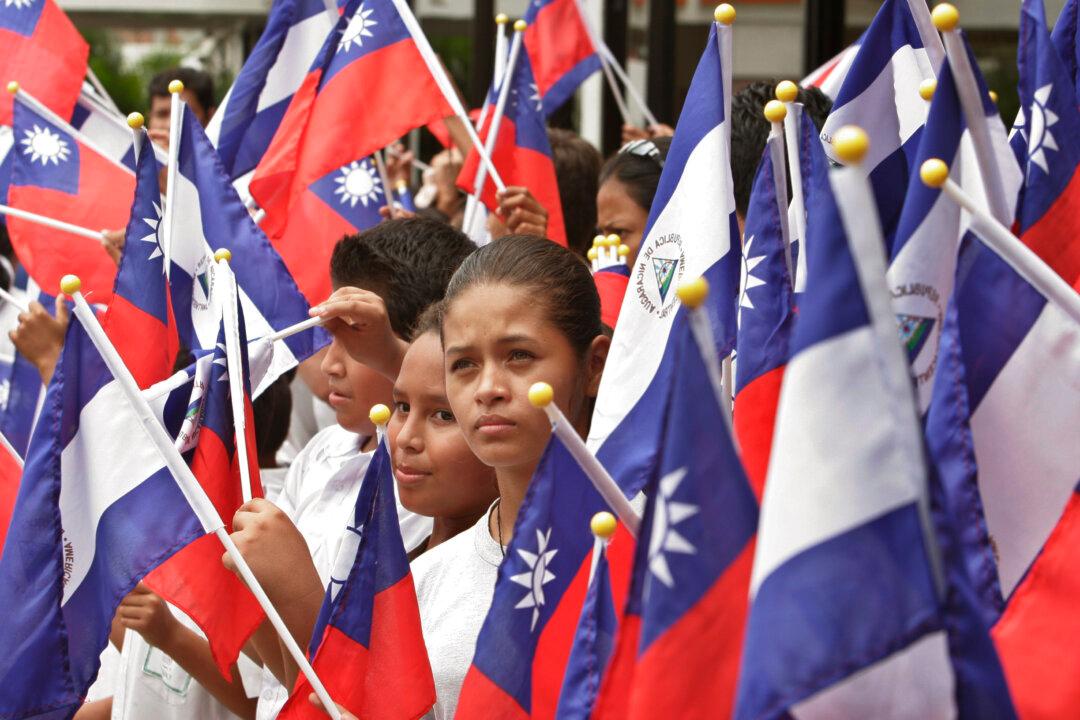The United States encouraged more like-minded countries to expand their engagement with Taiwan, as the communist regime in Beijing hints more Taipei allies would follow Nicaragua to cut ties with the island.
“Taiwan’s relationships with diplomatic partners in the Western Hemisphere provide significant economic and security benefits to the citizens of those countries,” said U.S. State Department Spokesman Ned Price on Dec.9.




